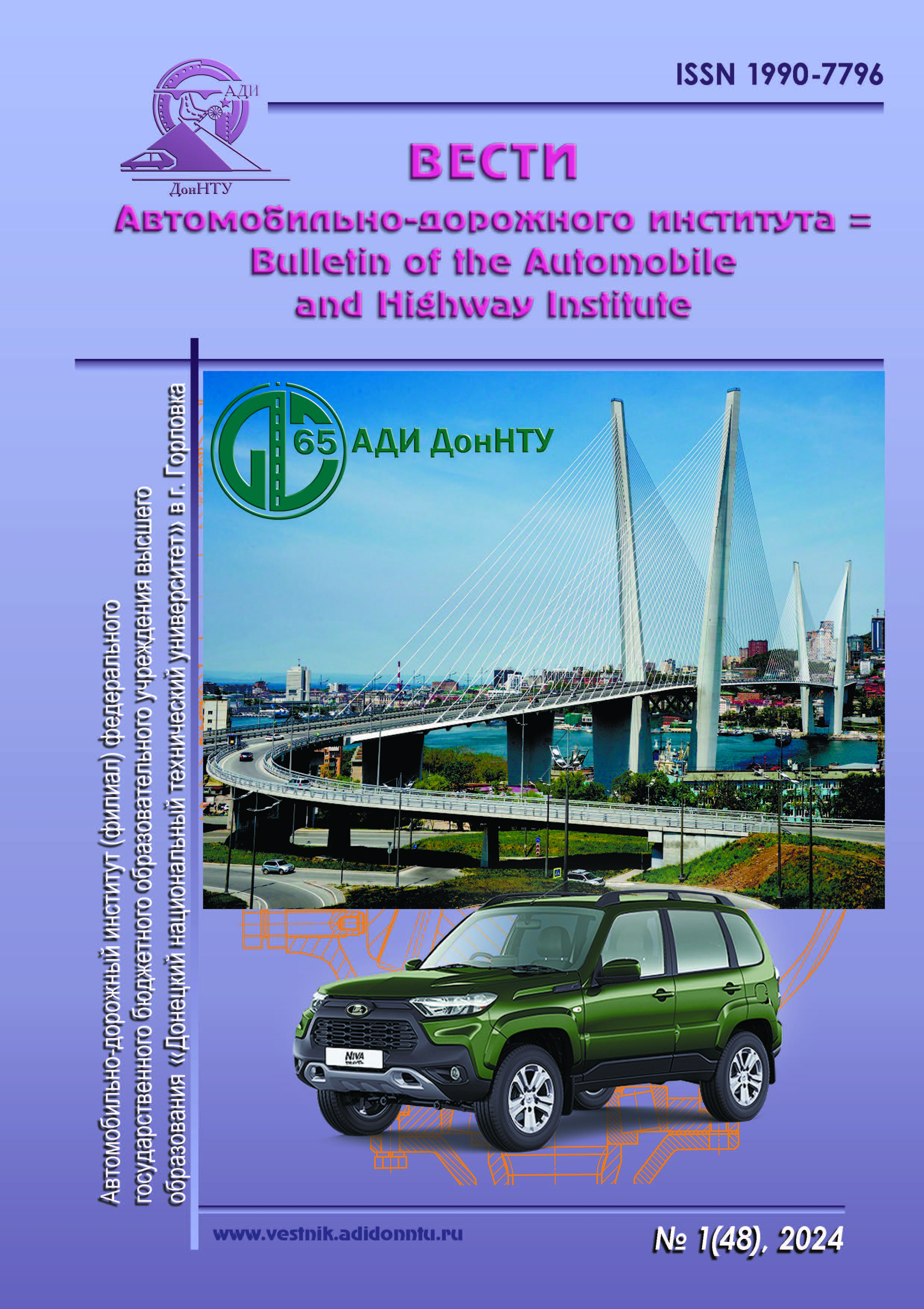Evolution of the Distance Learning Development at an Engineering University in the Donetsk People’s Republic
Keywords:
DISTANCE LEARNING, LEARNING DEVELOPMENT EVOLUTION, TEACHING METHOD, EDUCATIONAL PROGRAM, ENGINEERING UNIVERSITYAbstract
In Russia, in the DPR there is an urgent issue of providing teachers and students with a simple system and accessible teaching methods. Distance education has become particularly relevant since the COVID-19 pandemic, when all educational institutions were forced to switch to online classes using various platforms, messengers, etc.
The relevance of the article lies in the description of steps to improve the convenience and quality of distance learning, which can be applied in any university, college, or school. They are universal for any educational institution, but for each educational institution the quality levels and transition periods will be individual.
The aim of this work is to systematize the quality levels of distance learning for improvement in the DPR universities. Options for improving the quality of education among students of automotive and transport specialties are considered.
The main steps to increase the level of distance learning at the Automobile and Road Institute (branch) of the Federal State Budgetary Educational Institution of Higher Education «Donetsk National Technical University» in Gorlovka are identified: creating a chat bot, own website, own mobile application, conducting courses to improve computer literacy, developing new teaching aids, better preparing teacher classes, increasing student motivation, creating standards of behaviour, communication and submitting work during distance learning, conducting classes using audio and video communication, conducting a conversation with students about the importance of distance learning.
The study used the method of expert assessments. Based on its results, the most important and insignificant steps in implementing the improvement of distance learning were identified.
References
Андреев, А. А. Роль и проблемы преподавателя в среде e-Learning / А. А. Андреев // Высшее образование в России. – 2010. – № 8-9. –
С. 41–45.
Баженов, Р. И. Использование системы Moodle для организации самостоятельной работы студентов / Р. И. Баженов // Журнал научных публикаций аспирантов и докторантов. – 2014. – № 3(93). – С. 174–175.
Налетова, И. В. Изменения системы образования под влиянием онлайн-технологий / И. В. Налетова. – Гаудеамус. – 2015. – № 2(26). – С. 9–14.
Николаев, В. К. Экспорт образования в вузах России в условиях новой реальности / В. К. Николаев // Высшее образование в России. – 2022. – Т. 31, № 2. – С. 149–166.
Шестопалов, Е. В. Преимущества и недостатки дистанционного обучения / Е. В. Шестопалов, Е. В. Суворова. – Текст : электронный // Современные проблемы науки и образования. – 2020. – № 6. – URL: https://science-education.ru/ru/article/view?id=30349 (дата обращения: 23.03.2023).
Канаво, В. Достоинства и недостатки дистанционного обучения через Интернет. В 2 частях. Часть 2 / В. Канаво. – Текст : электронный // Бизнес-образование в России : [сайт]. – URL: www.curator.ru/e-learning/publications/do_minus.html (дата обращения: 21.03.2023).
Нагаева, И. А. Дистанционные образовательные технологии в современном образовании : монография / И. А. Нагаева. – Москва; Берлин : Директ-Медиа, 2018. – 159 с. – ISBN 978-5-4475-9704-7.


